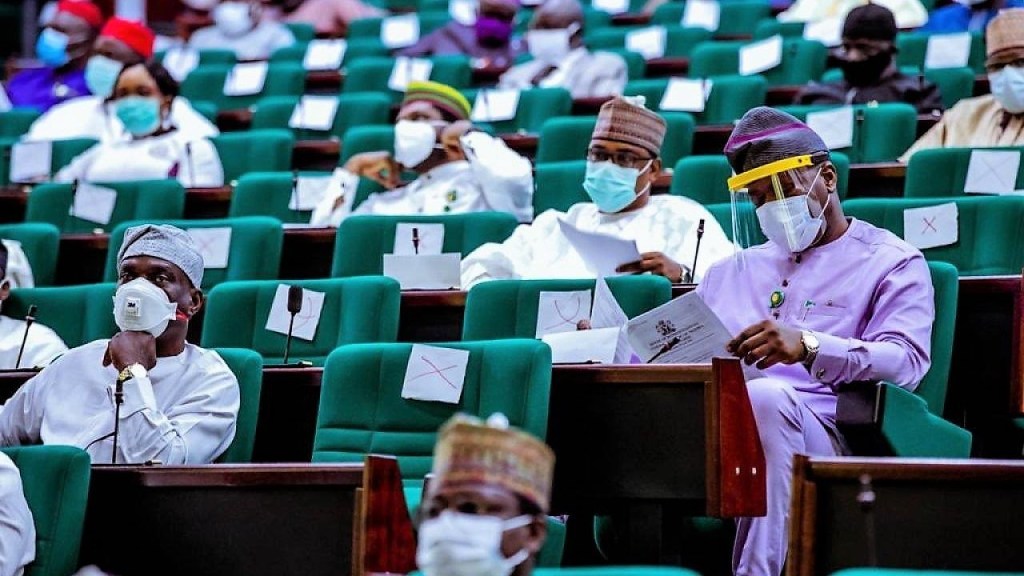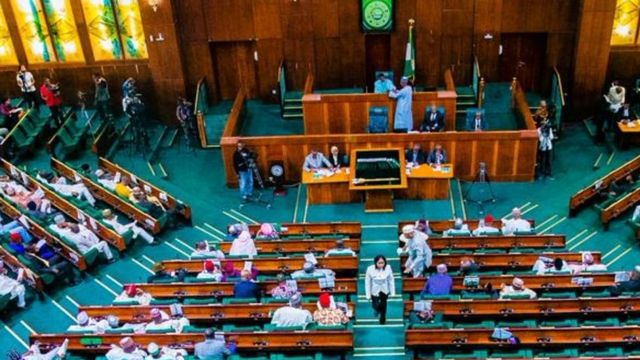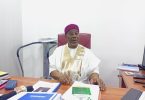House of Representatives Committee on Constitutional Review has rejected a bill that would grant immunity to presiding officers of national and state assemblies, as well as judicial officers.
Additionally, the committee voted against the State Police Bill, while recommending 111 additional seats for female legislators.
Abdulhamid Mohammed, a senior advocate of Nigeria and one of the consultants working with the committee, had given the consultants’ view on the Bill, to lawmakers.
He told them that while the bill permitted citizens to seek court permission to sue any of the aforementioned public officials, he believed that it would create a conflict of interest, particularly with regard to judicial personnel.
He also claimed that the Bill did not specify which court would hear such claims.
“We need to consider what are the conventions all over the world, in terms of immunity. It is really unconventional all over the world for judicial officers and presiding officers to have immunity. It could also be self-serving from the angle of morality.
Nkem Abonta, a member of the Committee from Abia state, spoke against the bill, arguing that immunity should only cover problems pertaining to the duties and functions of such public employees, not criminal conduct such as rape or murder.
While acknowledging instances of executive abuse of procedure against the legislature and courts, he contended that blanket impunity was not appropriate.
Member from Taraba state, Rimamde Shawulu, stated that he had a Law on the floor of the House attempting to strip the executive of immunity and that fast-tracking the bill would be the best course of action.
Babajimi Benson, a member from Lagos state, asked that the Bill be dropped, but that section 308 of the constitution be changed to allow citizens to sue executive officers by leave of the House.
Deputy Speaker and Chairman of the Committee, Ahmed Idris Wase, said lawmakers were already immuned from prosecution for activities on the floor of the House under the powers and privileges Act.
He noted that, despite examples of executives acting recklessly against legislators and judicial officers, the bill was left to the House to determine.
Wase then ruled that the Bill be stepped down.
RN








